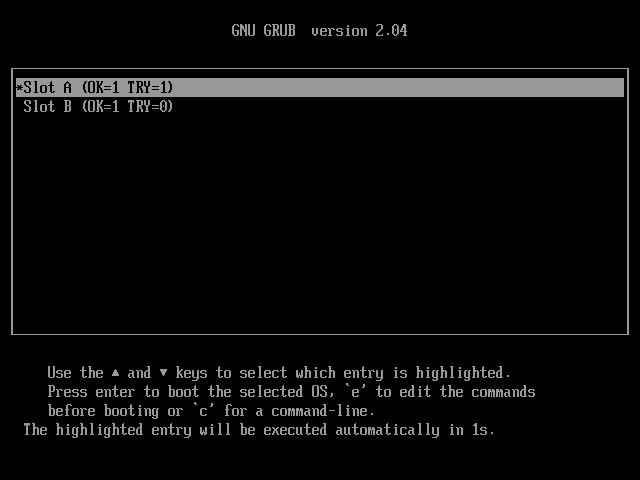
Home Assistant OS 8.0 stable is available now!
Highlights:
- Use of GRUB2 for UEFI based systems
- Support for additional Wi-Fi and Bluetooth devices
- New image: Generic AArch64 for UEFI based AArch64 VMs and boards
- New image: Home Assistant Yellow
For existing installations, no manual intervention is needed! You can safely update without reading these rather technical release notes.
Table of contents
Operating System Changes
GRUB2 for UEFI based systems
For Generic x86-64, OVA and the new Generic AArch64 Home Assistant uses GRUB2 as boot loader now. GRUB2 (GRand Unified Bootloader) is the de-facto standard boot loader used by most Linux distributions. The main reason for switching from Barebox to GRUB2 was the missing AArch64 UEFI boot support in Barebox. We also expect GRUB2 to be more stable especially on Desktop style x86-64 systems as it gets used by much more users since generic Linux distributions use GRUB2. Although, we actually hit a bug in GRUB2 during the RC phase, let’s hope this was a one-off. 🤞

The boot menu shows the two boot slots. Typically you don’t have to change selection here, unless you intentionally want to boot the previously installed Home Assistant OS version.
Note: Upgrading from any version 7.x is safe, but we recommend upgrading from the last version of the previous major release. This is also the best tested upgrade path. From any release with GRUB2 it is only safe to downgrade to 7.6! Downgrading to releases before 7.6 can be done by downgrading to 7.6 first.
Under the Hood
Under the hood, the OS was updated to the latest upstream Linux 5.15 kernel as well as Buildroot 2022.02.1. The latest Buildroot release brings new versions of various core components like systemd 250, NetworkManager 1.34.0 and Docker 20.10.14.
Additional networking drivers and settings prepare Home Assistant OS to host the OpenThread Border Router add-on.
Other Changes
- IP set support for advanced firewalling (also used by the OTBR add-on).
- Support for NTP configuration via DHCP.
- Google Coral support is now using Google’s latest driver. This enables additional Coral device support such as PCI Dual Edge TPU.
- Legacy wext backend for wpa_suppilcant is now enabled to support more Wi-Fi devices.
Device Support
Raspberry Pi
All Raspberry Pi versions use the latest LTS Linux Kernel 5.15 and firmware (tag 1.20220331) from the Raspberry Pi team. These are the same versions as the Raspberry Pi OS is using currently.
Home Assistant Yellow
This is the first release that supports Home Assistant Yellow. Since Home Assistant Yellow uses the Raspberry Pi Compute Module 4, the support is based on the regular Raspberry Pi support currently. The Yellow image is using the same kernel and firmware version. The Yellow board also supports booting directly off of an NVMe device for those using a CM4 Lite (without eMMC storage).
Generic x86-64
Besides the move to GRUB2 Generic x86-64 received quite some additional device support. The Wi-Fi devices 3945ABG/BG/4965AGN and 22000 series are now supported.
Other Changes:
- Support 32-bit UEFI boot. This is required by older Intel Atom systems. Note that only the boot loader is 32-bit, everything else uses the same 64-bit binaries as 64-bit UEFI boot.
- Driver and firmware for Broadcom BNX2/BNX2X network interfaces are included.
Generic AArch64 support
@Doridian contributed support for generic AArch64 systems which use the UEFI boot flow. It should support real boards as well as virtual machines. So far it has been successfully tested on KVM Virtual Machines.
This is a companion discussion topic for the original entry at https://www.home-assistant.io/blog/2022/05/16/home-assistant-os-release-8/









 any fix yet on your side?
any fix yet on your side?





